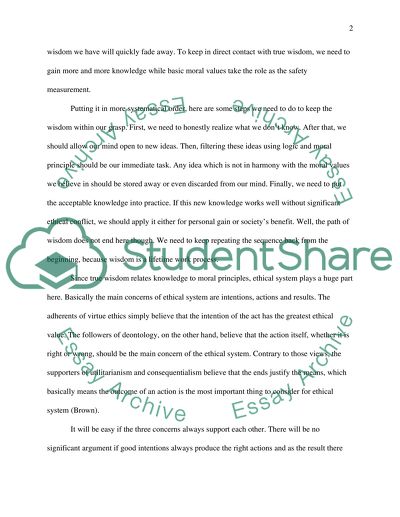Cite this document
(Personal Philosophy of Life Essay Example | Topics and Well Written Essays - 2500 words, n.d.)
Personal Philosophy of Life Essay Example | Topics and Well Written Essays - 2500 words. Retrieved from https://studentshare.org/philosophy/1561158-personal-philosophy-of-life
Personal Philosophy of Life Essay Example | Topics and Well Written Essays - 2500 words. Retrieved from https://studentshare.org/philosophy/1561158-personal-philosophy-of-life
(Personal Philosophy of Life Essay Example | Topics and Well Written Essays - 2500 Words)
Personal Philosophy of Life Essay Example | Topics and Well Written Essays - 2500 Words. https://studentshare.org/philosophy/1561158-personal-philosophy-of-life.
Personal Philosophy of Life Essay Example | Topics and Well Written Essays - 2500 Words. https://studentshare.org/philosophy/1561158-personal-philosophy-of-life.
“Personal Philosophy of Life Essay Example | Topics and Well Written Essays - 2500 Words”. https://studentshare.org/philosophy/1561158-personal-philosophy-of-life.


